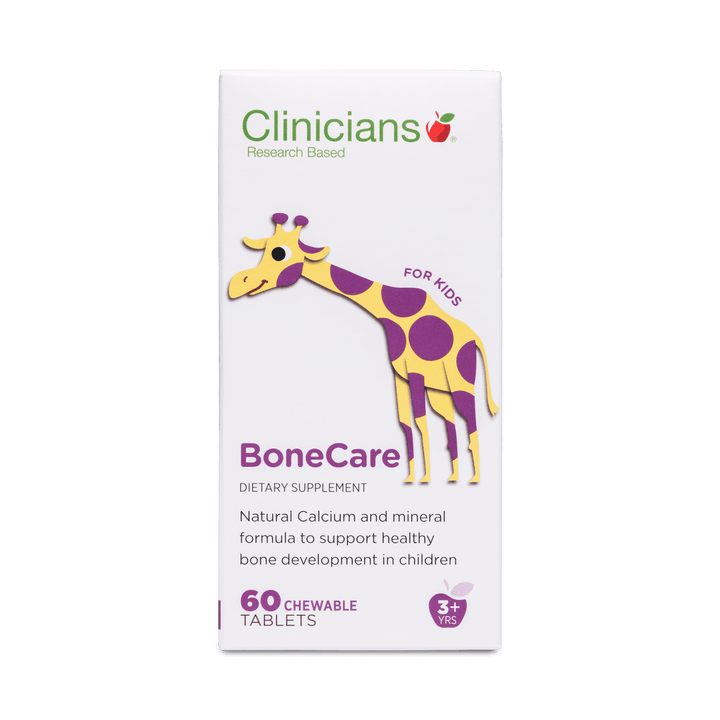Menopause is a natural transition in a woman's life, but generally it does not happen over-night. For most women it is the gradual winding down of our reproductive system and a time of hormonal change. Officially, a woman is considered to be in menopause when they have had no period for a year.
but what happens before our final menstruation?
The lead up to menopause has been termed perimenopause and generally starts when women are in their 40's. Women have a finite number of eggs in their ovaries and these start to decline around this time. Since ovulation affects our hormone levels, women may start to notice a change in their menstrual cycle regularity. They might skip a period or find their cycles get longer or shorter. Also, it is not uncommon to find that their cycles change in menstrual heaviness/lightness, with discomfort or mood fluctuations. This is because of changes in the two main hormones oestrogen and progesterone.
Progesterone is a hormone that keeps us feeling calm and relaxed and maintains the uterine lining ready fertilisation. The level of its release depends on ovulation, so when this falters progesterone levels can decline. This can lead to spotting, short cycles and increased anxiety and angry moods around menstruation. By contrast, oestrogen levels can initially increase, which can make cycles heavier, lead to sore breasts, fluid retention, breakouts and women feeling weepier at that time of the month.
In addition, some women may start to experience some menopausal symptoms such a hot flushes and sleep issues.
Every woman's journey is different through perimenopause. Some fortunate women will just enter their 50's and find their periods gradually disappear. For others this transition is a bumpier journey, and they may need a little support.
Here are some tips that may help to smooth out some of the humps:
Look after your liver - this organ is key to removing excess hormones. If it is too busy trying to detox other things, then hormone regulation will suffer. Alcohol, coffee and smoking can make hormonal symptoms worse, so keep them in moderation. Less junk food and more fresh fruit and vegetables will certaintly help. Liver herbs such as dandelion, globe artichoke and milk thistle can be great for supporting the liver.
Increase your brassicas - these are a vegetable family that includes broccoli, cauliflower, Brussel sprouts, cabbage and kale. They work via the liver to help with normal oestrogen levels.
Chaste tree- is an herb known to support women's natural hormone balance. It is very useful herb for around this time of transition.
Look after your adrenal glands - these are the little organs that sit on top of your kidneys and help manage stress hormones. Eventually, as the ovaries shut down, our adrenal glands take over the job of making small levels of our hormones for the rest of our lives. Looking after your adrenals means managing stress levels. Also, Vitamin C is essential for the good functioning of our adrenal glands, so keep up your levels of Vitamin C rich fruit and vegetables.


